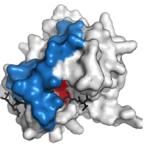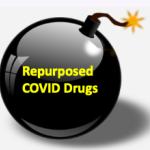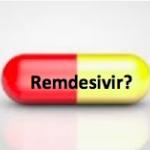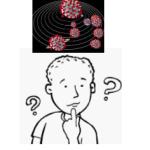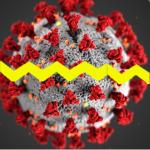Wow!
antiviral drug discovery
It's not totally absurd to compare our war against COVID with a boxing match. The virus clearly won Round 1; aside from masks and isolation, we were pretty much defenseless.
Although different chemists may have other opinions, to me, the most important of all chemical bonds is an amide bond. It consists of a nitrogen atom connected to a carbon atom, which is doubly bound to oxygen (Figure 1).
Six months ago it seemed that every other lab had a kick-ass, re-purposed drug that was only weeks away from putting the hurt on COVID. How did that work out?
In the pharmaceutical industry, there's a low-level Hatfield-McCoy thing between chemists and biologists that's been going on forever. Each group thinks that the other group is a bunch of morons.
One of the many horrors that drug discovery chemists constantly wrestle with is called pharmacokinetics (PK) – the science of what the body does to a drug (1).
The first discussion of the disease that would later become AIDS appeared in an article in the June 5, 1981 Morbidity and Mortality Weekly Report (MMWR).
I thought that this would be a good time to review the various vaccines and therapies being studied to combat the coronavirus pandemic.
Even if an effective vaccine for the Wuhan coronavirus is discovered, which is by no means a certainty, it will be at least a year (more likely two) before you'll be rolling up your sleeve.


